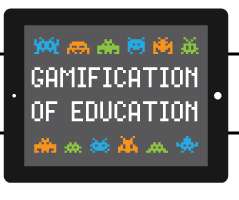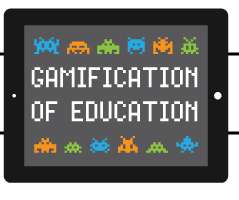Ed Tech Vocab: Keeping Up with Trends in Education
eSpark
APRIL 7, 2022
Gamification , one of the biggest trends in education, is the process of making learning more fun and engaging for students by reorienting lessons to feel more like games. Flipped classroom is a teaching model in which the traditional classroom and at-home components of a class are switched.














Let's personalize your content